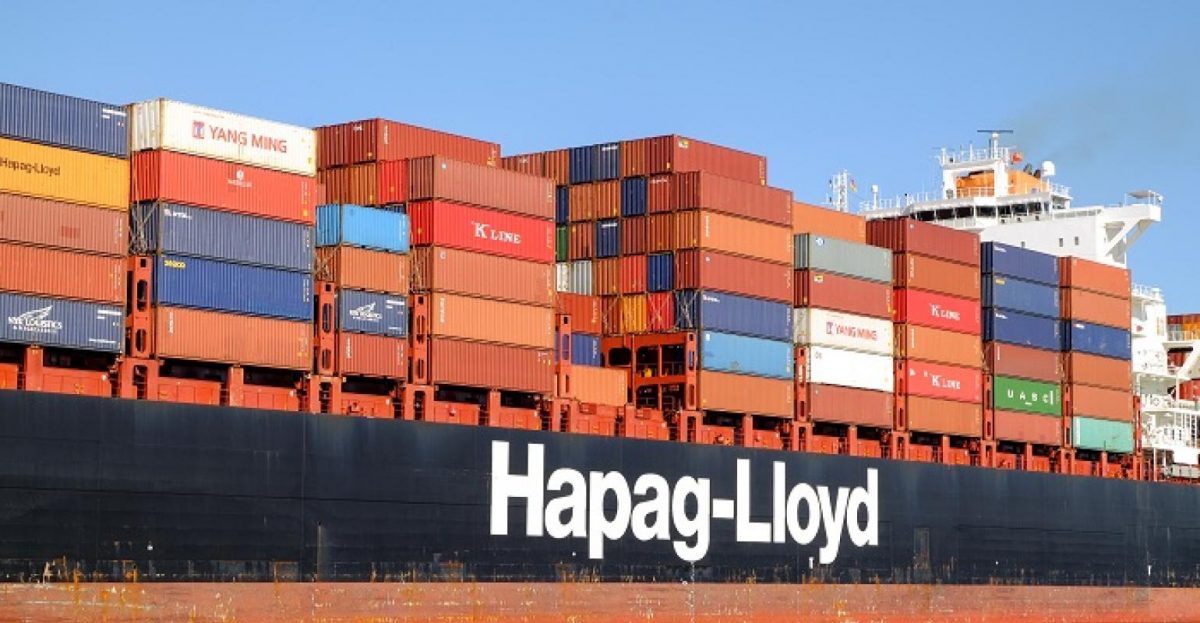At the company’s headquarters in Hamburg, Germany’s Federal Minister of Digital and Transport, Dr Volker Wissing, personally installed the 700,000th device on a container.
Wissing stated, “Digitalisation offers great opportunities for the transport industry. One sign of this is the progress made by Hapag-Lloyd in building an intelligent container fleet. Such advances not only benefit shipping, they strengthen Germany as a location for innovation and contribute to our vision of a better connected and more efficient transport sector.”
Additionally, Hapag-Lloyd CEO Rolf Habben Jansen commented, “We are proud to be at the forefront of the digitalisation of container shipping. Our ‘Smart Container Fleet’ project is about transforming the industry and setting new standards for supply-chain transparency and customer service.”
The German ocean carrier is on course to becoming the world’s first container shipping line to equip its entire container fleet of 1.6 million dry containers with real-time tracking devices.
Hapag-Lloyd pointed out that dry container monitoring will be a “game-changer”, with real-time tracking technology permanently installed on and gathering data from standard containers, enhancing visibility and answering the crucial question: “Where is my container now?”
The solar battery-powered tracking devices, equipped with internal sensors and GPS, will transmit data through the cell network in addition to recording shock events and ambient temperature, according to the company, which said the devices are explosion-proof according to established standards ensuring safety for crews, cargo, and vessels.
The vast majority of Hapag-Lloyd’s box fleet will be smart by the beginning of 2024. At around the same time, Hapag-Lloyd is planning to launch a corresponding commercial product called “Live Position”.







